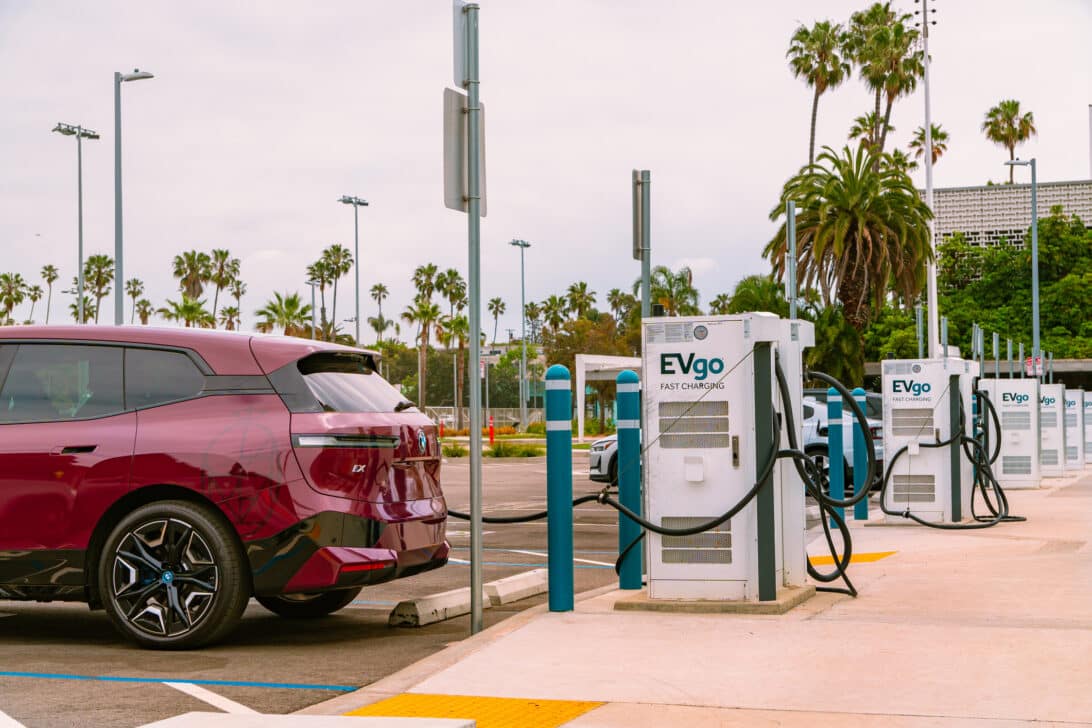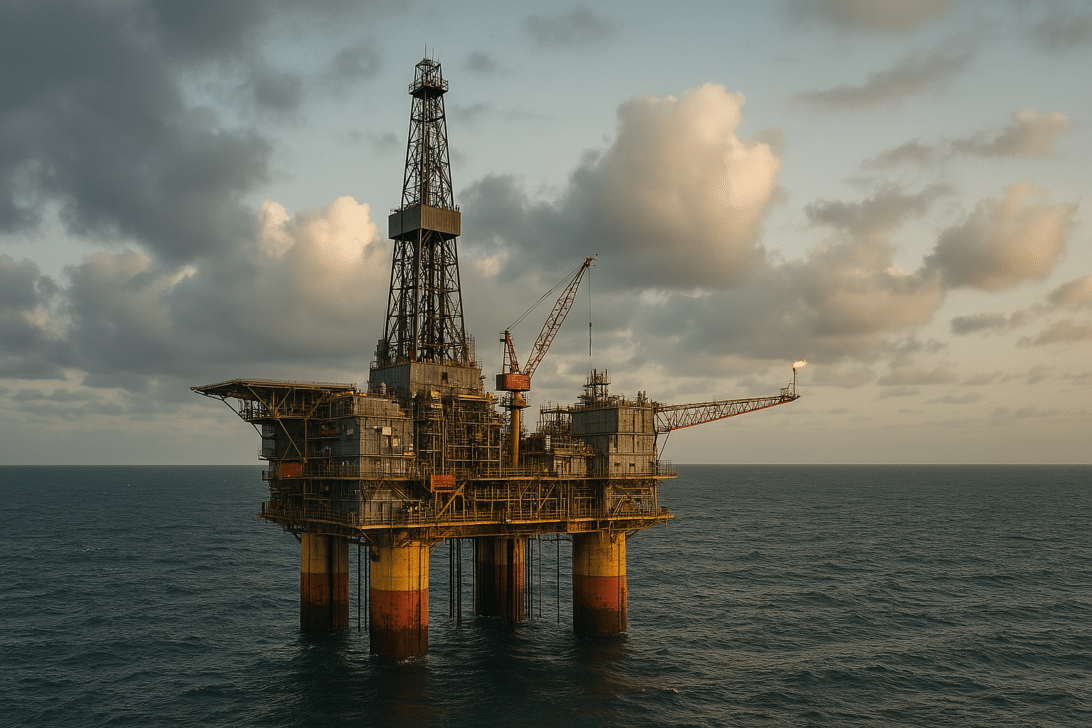A new report has highlighted the huge environmental impact of the first two years of Russia’s war on Ukraine, detailing emissions higher than 175 individual countries.
The research, conducted by the Initiative on Greenhouse Gas Accounting of War (IGGAW), based in Kyiv, estimates that the conflict has generated at least 175 million tonnes of carbon dioxide equivalent (tCO2e).
The emissions, which account for carbon dioxide, nitrous oxide, and sulphur hexafluoride (SF6), stem from various sources including direct warfare, landscape fires, military attacks on fossil fuel infrastructure, rerouted flights, and forced migration.
Fuel used by Russian troops is identified as the largest single source, followed by the carbon-intensive reconstruction of infrastructure damaged in the war.
The total emissions in the two years of the conflict exceed those of a highly industrialized country like The Netherlands. They are equivalent to putting 90 million new petrol cars on the road, or building 260 coal-fired power units of 200 MW each.

Fuel used by Russian troops in Ukraine is the largest contributor to emissions.
The potential future climate cost of rebuilding Ukraine adds to the overall emissions, depending on whether sustainable or traditional construction methods are used. Fires, both deliberate and accidental, have expanded significantly, consuming over 1 million hectares of land, mainly near the frontlines.
Additionally, Russia’s targeted attacks on energy infrastructure, including the Nord Stream 2 pipeline, led to significant leaks of greenhouse gases like methane and SF6. The war has also caused an increase in aviation fuel consumption due to rerouted flights avoiding Russian airspace.
Forced displacement of people has contributed further to emissions. Nearly 7 million people, including those fleeing Ukraine, and conscripted Russians, have added to the transport-related carbon output.
The IGGAW report, supported by the German and Swedish governments and the European Climate Foundation, calls for Russia to face climate reparations of $32 billion. This figure is based on a recent study valuing the social cost of carbon at $185 per ton of greenhouse gas emissions.
The report underscores the need for more comprehensive accounting of military emissions and their environmental impact. Currently, only a few countries voluntarily report partial military emissions, despite militaries globally contributing more to greenhouse gases than the aviation and shipping industries combined.
Subscribe
Sign-up to receive our newsletter





